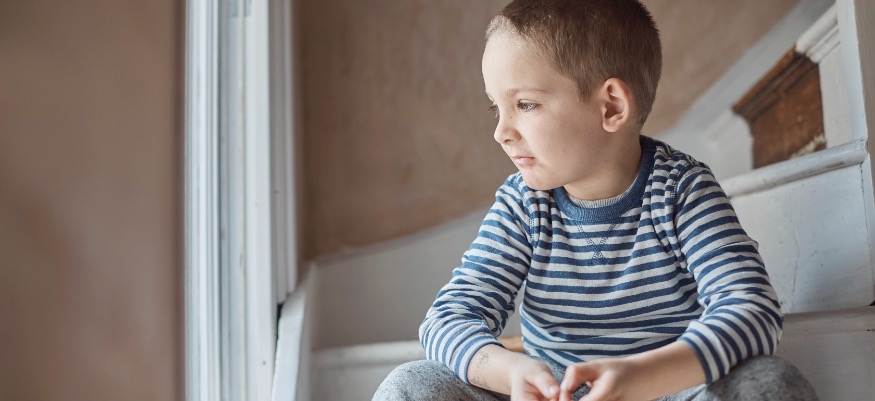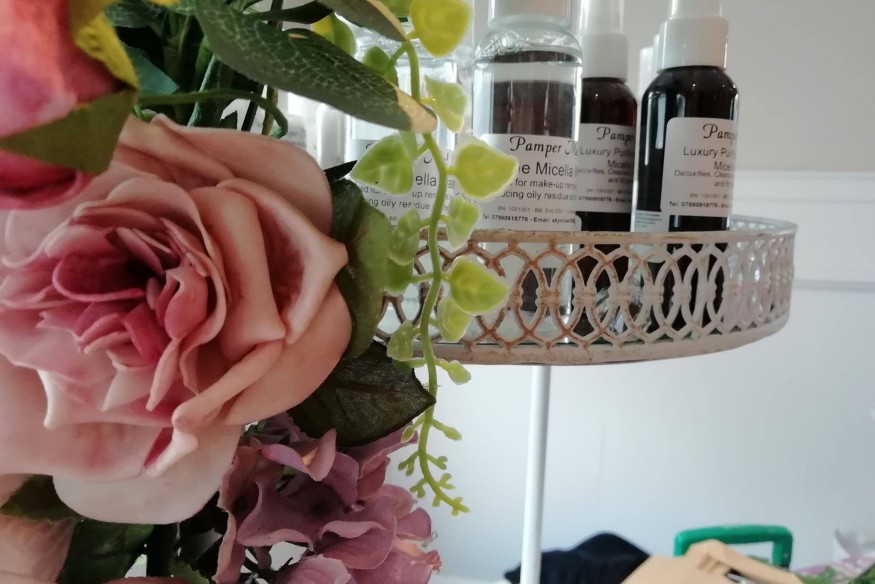
January 26, 2021 - 954 views
The NSPCC has revealed it’s receiving more than 30 contacts a day, on average, from adults across the UK worried about children living with domestic abuse since the start of the crisis.
The latest figures are a 53% jump compared to before the pandemic and reveal that in the nine months since the beginning of April there were 8,371 contacts to its helpline, with a record 1,053 in November alone.
With everyone spending more time at home because of the latest lockdown, and the majority of school pupils being taught virtually, the charity is concerned that the risk of young people suffering the toxic consequences of domestic abuse has been heightened.
The monthly average number of referrals being made to external agencies in Wales from the adult NSPCC helpline post lockdown (Apr-Dec 2020) is 54% higher than pre-lockdown (Jan-March 2020).
Concerned neighbours have increasingly reported hearing non-stop arguing and kids crying to the charity’s confidential helpline for adults worried about children. Contacts from members of the public in Wales seeking advice include:
“For the past few weeks, I’ve been hearing loud and aggressive shouting between a man and woman who live a few doors away from me. They’re at it pretty much every day and it generally lasts a couple of hours. I’m pretty sure they’ve got kids too, as I sometimes hear them crying when the parents are arguing. I’ve only really noticed this since I’ve been at home on furlough. I’m worried the kids aren’t being looked after properly.” (Neighbour)
“I’m really worried about a close friend of mine who’s being subjected to physical and emotional abuse by her partner. I’ve not been present when this happens, due to Covid, but I’ve heard awful things about the way he treats her, like calling her a ‘shit mum’, confiscating her phone and forcing her to have sex. The other day, my friend sent me pictures of her arms covered in bruises – she wouldn’t say what had happened, but I know he’s to blame. My friend also has two little ones to look after. The thought of them being exposed to this man truly terrifies me. Please can you help.” (Member of public)
In Wales, the Violence Against Women, Domestic Abuse and Sexual Violence (Wales) Act 2015, should already be providing all victims with equal access to support. Left unaddressed this form of abuse can have profound and long-term impacts on children’s physical and mental wellbeing that can last into adulthood. However, services for child victims across Wales remain patchy and underfunded.
Policy & Public Affairs Manager for NSPCC Cymru / Wales, Vivienne Laing says: “The risk of domestic abuse has been heightened in the last nine months with families living under increasing pressure and behind closed doors.
“To stop the pandemic having a lasting impact on children who suffer in this way it is vital they have access to support in the community to recover and move forward with their lives as not all victims can go to a refuge for support.
“Welsh Government recognises the profound impact domestic abuse has on children’s wellbeing and they promised all victims equal access to support – that hasn’t happened yet.”
“This issue cannot go unaddressed and our leaders must ensure there is adequate funding for local agencies and services for children in the community, wherever they live.”
Young people who experience domestic abuse can have, trouble learning, depression or suicidal thoughts, or develop eating disorders drugs or alcohol problems.
One 13-year-old told Childline: “Recently my mum has been yelling at me and calling me names for no apparent reason. My parents fight a lot, like really a lot. My dad overreacts but mum makes the situation worse. Today my parents got in a huge argument that included a lot of shouting and my dad was throwing things at my mum.
"I was shocked because none of their fights have got physical before, and now I am wondering how bad things could get. My parents don’t talk anymore and they treat me like their little messenger passing comments between them. It is really affecting me as I constantly feel anxious and cry myself to sleep. I really need help.”
Anyone who is experiencing domestic abuse or has concerns that someone else may be can contact the NSPCC’s Helpline for information and advice on 0808 800 5000 or email help@nspcc.org.uk.
Children can contact Childline every day of the week on 0800 11 11 from 9am to 3.30am. Or they can get in touch via www.childline.org.uk where 1-2-1 chats can be requested 9am – 10.30pm.







